Panel Discussion: Leadership & Accountability
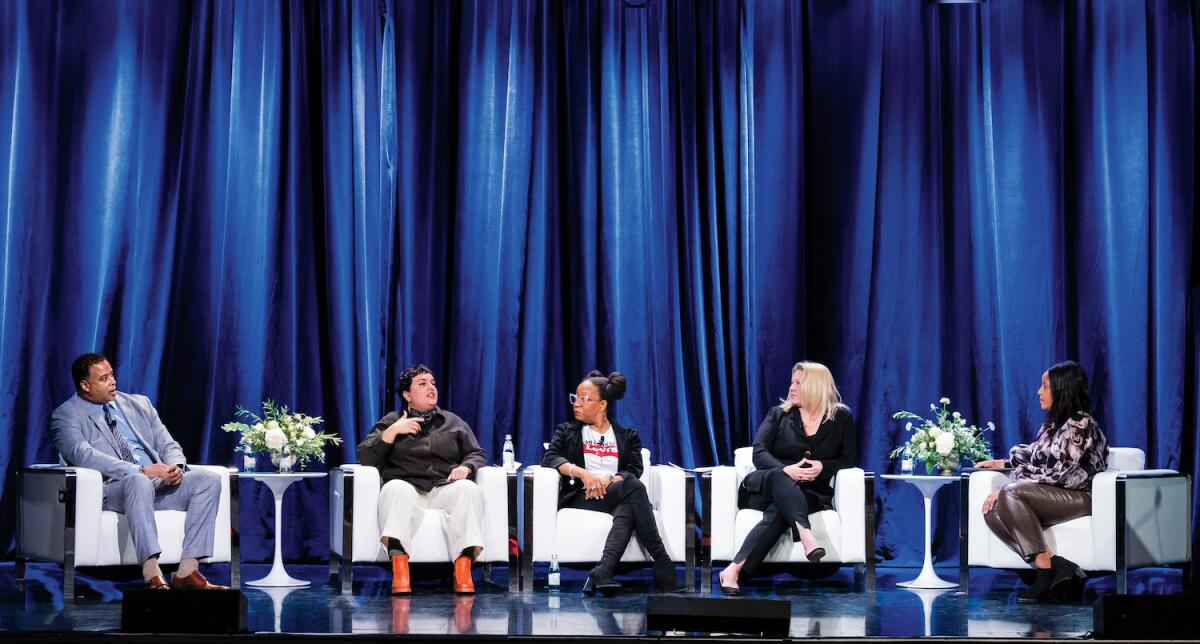
- Share via
Enacting change, especially in larger organizations, can be a challenge even for leaders who are committed to enhancing DEIA initiatives. How important is it to continue to hold leaders accountable to making necessary changes that lead to success? Why is accountability so important to this conversation?
Panelists
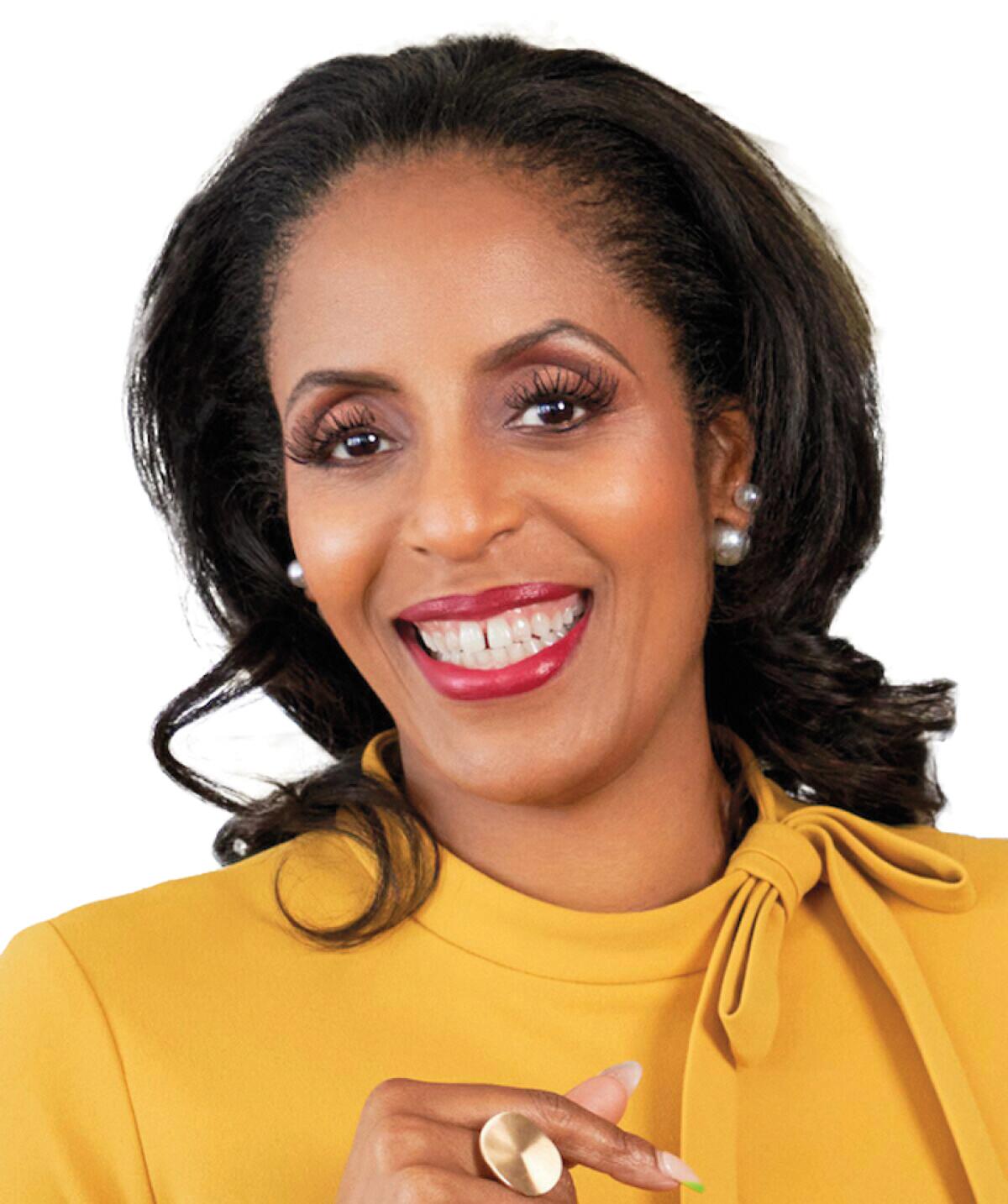
Moderator: Dr. Thelá Thatch
CEO
Thelá Thatch Consulting
Dr. Thelá R. Thatch is the CEO & founder of Thelá Thatch Consulting. She has over two decades of experience in human resources and talent management, with a focus on building internal cultures and external communities committed to inclusion, equity, and belonging. She is a professor, writer and author of “The Dog Chef,” “Employee MODERATOR Handbooks 101” and “The Diversity Dilemma.”
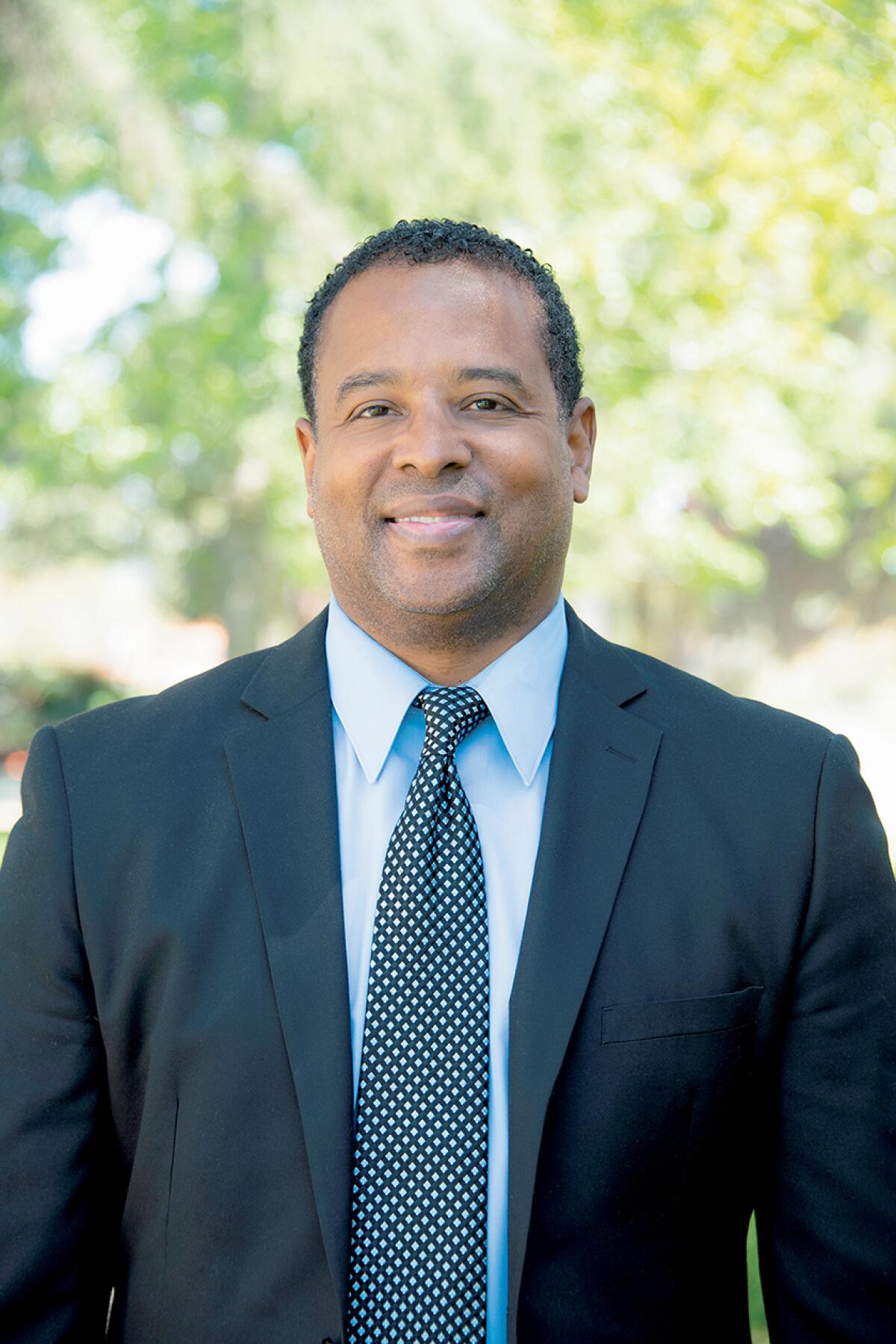
Monty Adams
Diversity, Equity & Inclusion Program Manager
City of Hope
Monty Adams has worked for various research and medical institutions: Caltech, Children’s Hospital of Los Angeles and Kaiser Permanente, Southern California and is now currently working for City of Hope in a diversity, equity and inclusion role. In this role, he oversees mandatory DEI training for all staff at City of Hope, the newly acquired Cancer Treatment Centers of America (CTCA) and the Translational Genomics Research Institute (TGen). Monty also works and partners with the KJLH radio station with coordinating and sponsorships for various community events hosted by KJLH.
Dr. Erika D. Beck
President
California State University, Northridge
Dr. Erika D. Beck became president of California State University, Northridge in January 2021. Prior to her appointment, she had served as president of California State University Channel Islands since 2016, and as provost and executive vice president at Nevada State College. As an advocate for the power of higher education to improve lives, transform the community, and promote social mobility, Beck works to ensure the academic success of students so that they can become leaders in today’s rapidly changing economy and society. This focus includes an unwavering commitment to advancing equity, inclusion and justice for a more equitable future.
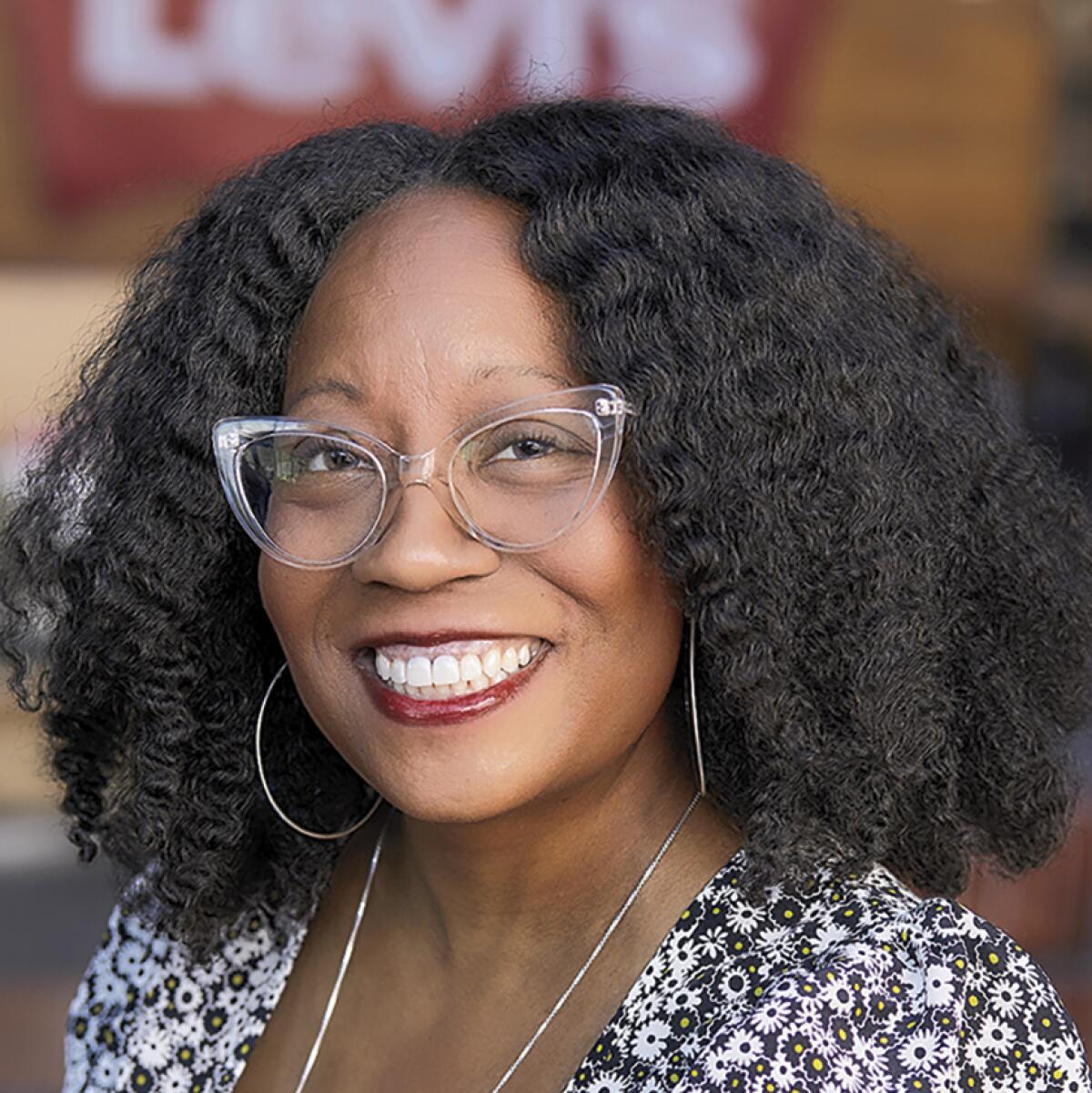
Elizabeth Morrison
Chief Diversity, Equity & Inclusion Officer
Levi Strauss & Co.
Elizabeth Morrison is the chief diversity, equity & inclusion officer at Levi Strauss & Co. She is focused on implementing and elevating diversity, and building a vibrant, inclusive workplace for all employees. Her strategy is anchored in dynamic communications and employer branding, change management, workforce data, and innovative program development.
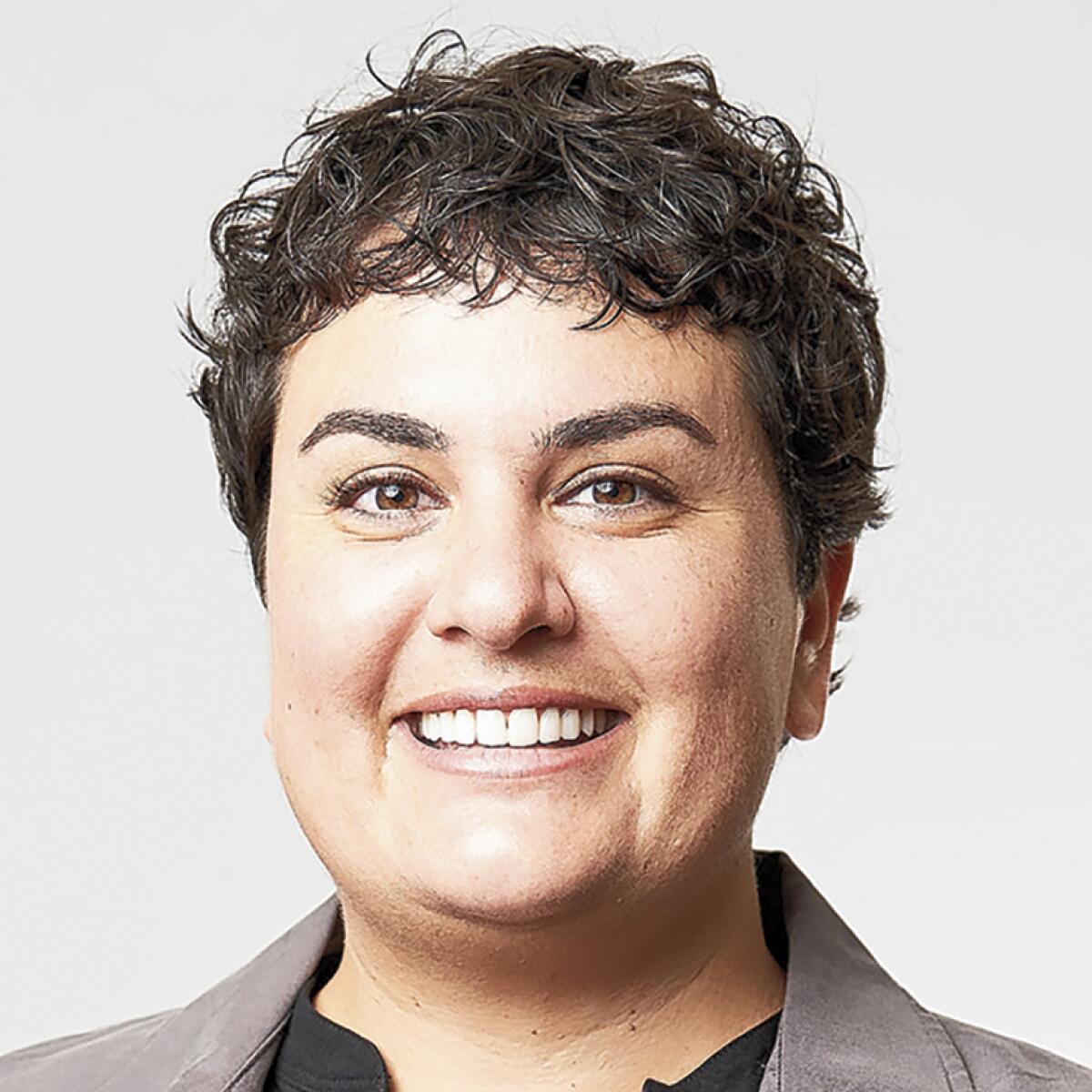
Hannah Said
Diversity, Equity & Inclusion
Woven
Hannah Said is a Diversity, Equity and Inclusion (DEI) facilitator, researcher, and community organizer. She recently worked at Walt Disney Company as a Diversity and Inclusion Activation Manager; and currently works as a Diversity and Inclusion Business Partner at Lyft. Said also has a DEI consulting company called Woven (woveninclusion.com) and a Queer and Middle Eastern coffee pop-up called Saffron Cowboy (@saffroncowboy). She loves building diverse, inclusive and equitable communities inside and outside of the office.
Shared Insights from the Discussion
Dr. Thelá Thatch: As leaders, how can we support diversifying our organizations, and specifically the leadership within them? How can we best mentor and develop under-represented leaders?
Monty Adams: I think it is very important for human resource leaders, and in particular recruiters, to build relationships with historically Black colleges and universities, but it doesn’t stop there. As we all know, the city of Los Angeles and the communities within the city are very diverse, so building pipelines to our very own California State Universities and city colleges is crucial in creating a diverse slate of candidates as well.
Hannah Said: I believe that every single leader should be in therapy. How can you truly lead a team if you haven’t worked on your internal self? How can you unlearn problematic communication styles from childhood or bias if you haven’t examined it? When an unrepresented person walks into the room of people who haven’t done their self-work, they will leave - which feels and looks bad. To retain underrepresented talent, especially in leadership, everyone needs to be actively working on themselves.
Elizabeth Morrison: You need to really drive an understanding of diversity as a business imperative and when done right it’s a differentiator for your business, for your culture. Populations are changing, the workforce is changing, and this isn’t just from a race ethnicity lens ... this is a generation lens.
Dr. Thatch: How are you holding companies and leaders accountable when it comes to diversity, equity and inclusion?
Morrison: When I arrived which was the end of 2020, COVID was in full effect and we also had our racial reckoning: the challenge was: how do we get this done? I was there to do that work, and there was an incredible hunger and excitement. Over time is where the challenge comes in, because there can be a lot of fatigue, and over time, business conditions change. Now we’re facing economic challenges. You have to keep your eye on the ball because diversity is a cumulative practice, and if you put the ball down or you walk away, when you go to start it back up, you’re not starting where you left off - you’re starting all the way back at the beginning.
Dr. Thatch: Can you speak about your roadmap to the future and why it is foundational to your leadership?
Dr. Erika D. Beck: Having a “North Star” - a fixed point on which to focus your work - is essential. My North Star is the opportunity and responsibility to transform lives for the better and to do that authentically. Equity, inclusion, justice and belonging must be woven into behaviors, strategies, and actions. At CSUN, our campus has been a trailblazer in advancing racial and social justice, with a singular commitment to serving our student population across every identity and lived experience.
Dr. Thatch: How can we best mentor and develop under-represented leaders? Said: It’s critical that a mentor has the capacity, time and resources. It’s a huge disservice for the mentee to get a mentor that doesn’t have this. It is already very vulnerable, as mentee, to ask for help; it’s even worse feeling like a burden. It’s also very important to have a holistic strategy in place around what the mentorship program is and what is to be expected - clarity is key. Once a mentee is placed, it’s important for them to self-advocate. If a mentor doesn’t fit, ask for a new one.